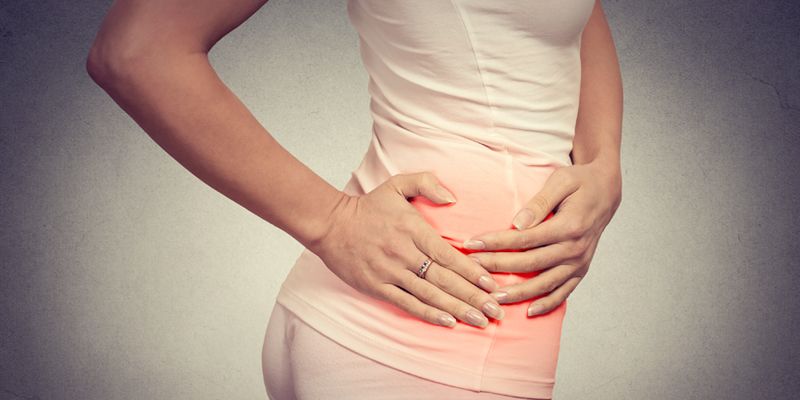
I have a friend who has been having shoulder pain especially when she’s doing yoga and she mentioned she thought her symptoms were worse around her period.
There is a ton of research on ligament laxity or looseness during pregnancy. But did you know that there is also research showing your ligaments and soft tissues are looser around your period too?
There are four major hormones that are constantly changing in the female body: estrogen, progesterone, testosterone and relaxin. These hormones prime the body for pregnancy and the process involved in getting pregnant. During menstruation, their primay job is to stimulate different hormones from the brain, causing changes in the uterine lining and release of eggs.
However, they also have other effects on the body, such as adding to ligament laxity and soft tissue relaxation. Ligaments throughout the body have estrogen and progesterone receptors to help with the appropriate balance of strength and flexibility of the ligaments. Estrogen causes a decrease in the cells that make collagen and other connective tissues of the ligaments, therefore making the tissues more loose.
Progesterone actually works to fight against the effects of estrogen on your tissue, but research has found that when estrogen and progesterone are in high levels together, your collagen fibers are the weakest. Your tissue is at its strongest point when estrogen is low and progesterone or testosterone are high. then the laxity is low and your tissues are at the strongest points.
Research has shown that mostly the highest levels of laxity occur during ovulation and the luteal phase because of the high estrogen levels and combination of estrogen & progeseterone in the the luteal phase.
These levels are highly variable in women – meaning one woman’s hormone levels can be completely different from another woman’s levels. Hormone levels can even vary from month to month in the same person.
This means that one person may feel more lax during the first couple days of their period, but fine the rest of the time and another person may find that they feel loose in the joints during ovulation, but stable and strong during menstruation. Bottom line – it’s all highly variable.
Birth control helps to stabilize the estrogen and progesterone so there aren’t such high fluctuations. This can help to stabilize the soft tissues as well and minimize the instability issues.
If you are a hypermobile or hyperflexible person, just be aware and listen to your body. You already have lax loose joints and the changes in hormones makes you even more loose. This can lead to more injuries because your joints have difficulty stabilizing. This can really effect any joint but some more common areas are your sacroiliac joints in the pelvis, shoulder joints, knees, ankles, and thumbs/fingers.
There is quite a bit of research out there looking at the laxity of the ACL (knee ligament) during the menstrual cycle which can be a reason women are more likely to tear their ACL’s vs. men. While these ligamentous injuries or sprains can occur to anyone, those that are hypermobile are more susceptible.
Here are four tips to work on if you feel extra loose in the joints. You most likely will need a physical therapist to help you develop the right plan for your body and to perform the exercises correctly:
Are you hypermobile or experiencing chronic pain? Contact our office at 267.282.1301 to schedule your complimentary Discovery Visit with one of our therapists.
In-Person and Online Consultations


